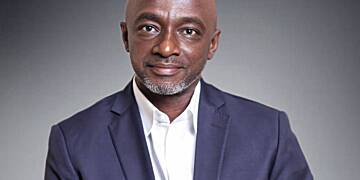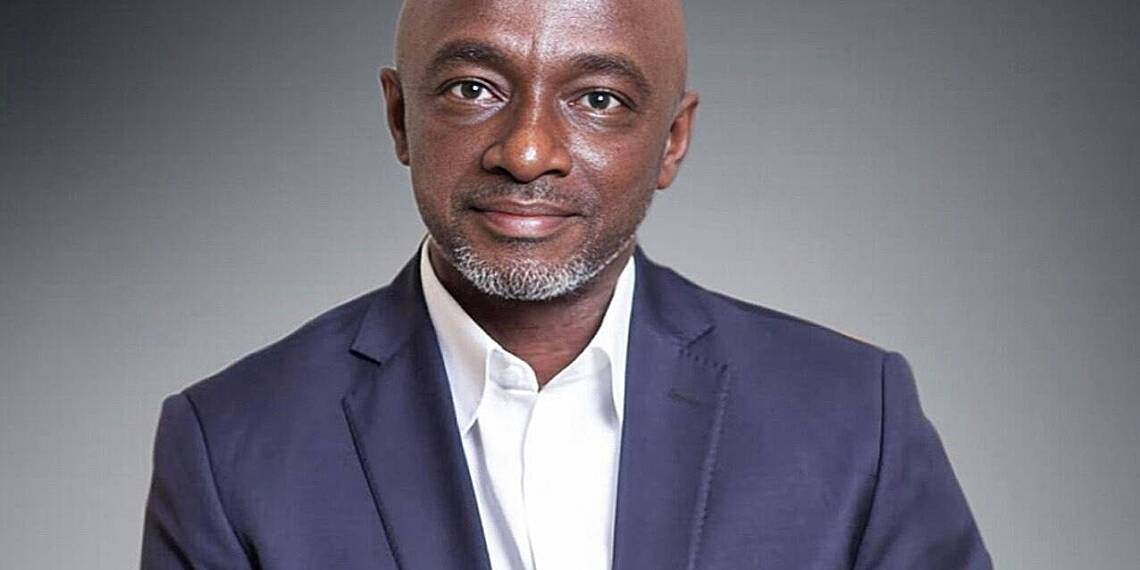Cape Town and Johannesburg—two cities, one nation, and a tale that mirrors both the triumph and tragedy of Black African governance.
Between April 20 and May 1, I returned to South Africa after nearly a decade away. My last visit to Johannesburg was in 2015, and to Cape Town in 2018. Time had passed, but what I saw on this trip offered clarity that was impossible to ignore. The contrast between these two cities had become stark—no longer a quiet divergence, but a deafening indictment.
Cape Town breathes. Cape Town works.
I landed to find a city alive with order and promise: sleek highways, clean streets, efficient transport, bustling malls, and neighborhoods that radiate security and quiet dignity. Even Stellenbosch, once a fortress of white privilege, now shows signs of transformation. Today, Black and Coloured South Africans walk its leafy lanes not just as workers, but as homeowners, professionals, and patrons.
Yes, Cape Town has its wounds. Racism lingers in its shadows. Homelessness is rising. Homicide rates remain troubling. But beneath these flaws lies something rare on this continent: competence. The city delivers. Water flows. Lights stay on. The streets are swept. Hope is tangible.
Then I went to Johannesburg.
Johannesburg—my Johannesburg.
The city where I once lived, built my business, made lifelong friends, and planted the roots of my career. And yet, as I left OR Tambo Airport, disappointment clutched my chest. The cleanliness once emblematic of a world-class terminal had vanished. The facility, built for the 2010 World Cup, looked tired and neglected.
The first pothole on the N1 wasn’t just physical—it was metaphorical. My driver put it bluntly: “Johannesburg is in decline. You’ve been away too long.”
He was right.
Traffic lights didn’t work. Roads were collapsing. Hyde Park—once among Africa’s most elite suburbs—looked worn and weary, pockmarked with potholes. Water shortages are now routine. Electricity blackouts are expected. This wasn’t mere decline—it was governance failure. It was the slow, painful unraveling of a city once full of promise.
Let’s speak plainly. Cape Town is run by the Democratic Alliance (DA), a party largely led by white South Africans. Johannesburg is governed by the African National Congress (ANC), a Black-led party. They share a national budget, an economy, and a history. But they do not share outcomes.
Cape Town thrives. Johannesburg crumbles.
This isn’t merely about political parties—it’s about us. About Black leadership. About how we govern. Why does failure so often accompany us in office? Why is delivering the basics—water, lights, roads—a herculean task?
We proudly repeat Kwame Nkrumah’s words: “The Black man is capable of managing his own affairs.” But capability must be proven. And today, we must ask: have we confused liberation with leadership? Identity with effectiveness? Symbolism with service?
Colonialism is gone. Apartheid, dismantled. But our cities remain shackled—this time by mismanagement, greed, tribalism, and hollow rhetoric. Competence is displaced by incompetence. Institutions crumble as the least capable rise—chosen not for their skill, but for their obedience. Our halls of power echo with the howls of hyenas feeding on the carcass of the state.
And yet, we are not short of capable Black professionals. What we lack is the will—leaders who choose merit over mediocrity, nation over self, service over networks of nepotism.
We are running out of excuses.
This is not about race—it’s about results. Not about whiteness—but about seriousness. Cape Town shows us what is possible. Johannesburg shows us what is broken. The lesson is clear.
We must ask ourselves:
Are we governing—or merely occupying office?
Are we building—or just surviving?
Are we leaders—or caretakers of decline?
Liberation and struggle politics are over. The new battle is for efficiency, vision, and service. Our youth no longer care who fought for freedom. They care who will fix the roads, keep the lights on, and build a future.
Africa stands at a crossroads. Either we rise—or we rot.
The divide between Cape Town and Johannesburg is not just urban—it’s moral. It is a question of responsibility. Of leadership that delivers—not just dreams, but results.
The time for denial is over. The time for action is now.
We must confront the truth. We must cast off excuses. We must choose standards over sentiment. It is not enough to be Black and in power—we must be Black and effective, visionary, competent, courageous.
This is our continent. Our cities. Our legacy.
Let us rise to meet history—not as victims of our own failures, but as authors of Africa’s renaissance. Let us choose leadership that builds, serves, and inspires.
Let us do better.
And let us begin—today.
—
About the author:
Ambassador Edward Boateng is a Ghanaian diplomat, media leader, and entrepreneur who has worked extensively across Africa.




















